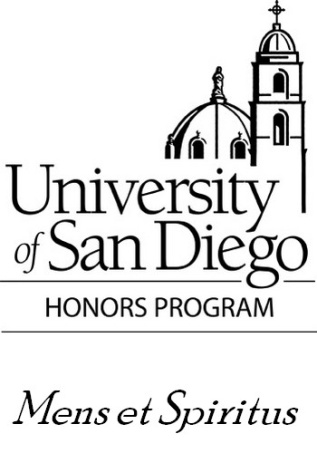Date of Award
Spring 5-28-2017
Document Type
Undergraduate Honors Thesis
Degree Name
Bachelor of Arts in English
Department
English
Advisor
Professor Ivan Ortiz
Abstract
This thesis revolves around the characters of Elphaba, from the musical Wicked, and the Monster, from Mary Shelley’s Frankenstein. In the comparison of these two verdant characters I seek to analyze their psychological development, starting from their conceptions, to their final moments in their respective stories. I will focus on the parallels between their relations with their fathers, other social connects they may or may not make, and their interaction within the wider social-political world of their stories. In this I seek to explain how Elphaba and the Monster come to represent two different types of man, according to Jean Jacque Rousseau’s Second Discourse, or A Discourse on the Inequality Among Men. Further, I seek to analyze the different types of man they come to represent as a larger criticism on the societies and times of the periods in which both stories were first published. Some of the anxieties and issues these characters represent within their time periods include: women’s rights, the marginalized and outcasted in society, racism and colonization, and problems with technology and progress.
Digital USD Citation
Bezold, Emily R., "Is Being Wicked the Same as Having Wickedness? A Dialogue on Human Nature between Wicked, Frankenstein, and Rousseau’s Second Discourse" (2017). Undergraduate Honors Theses. 37.
https://digital.sandiego.edu/honors_theses/37
Included in
English Language and Literature Commons, Film and Media Studies Commons, Fine Arts Commons, Philosophy Commons


